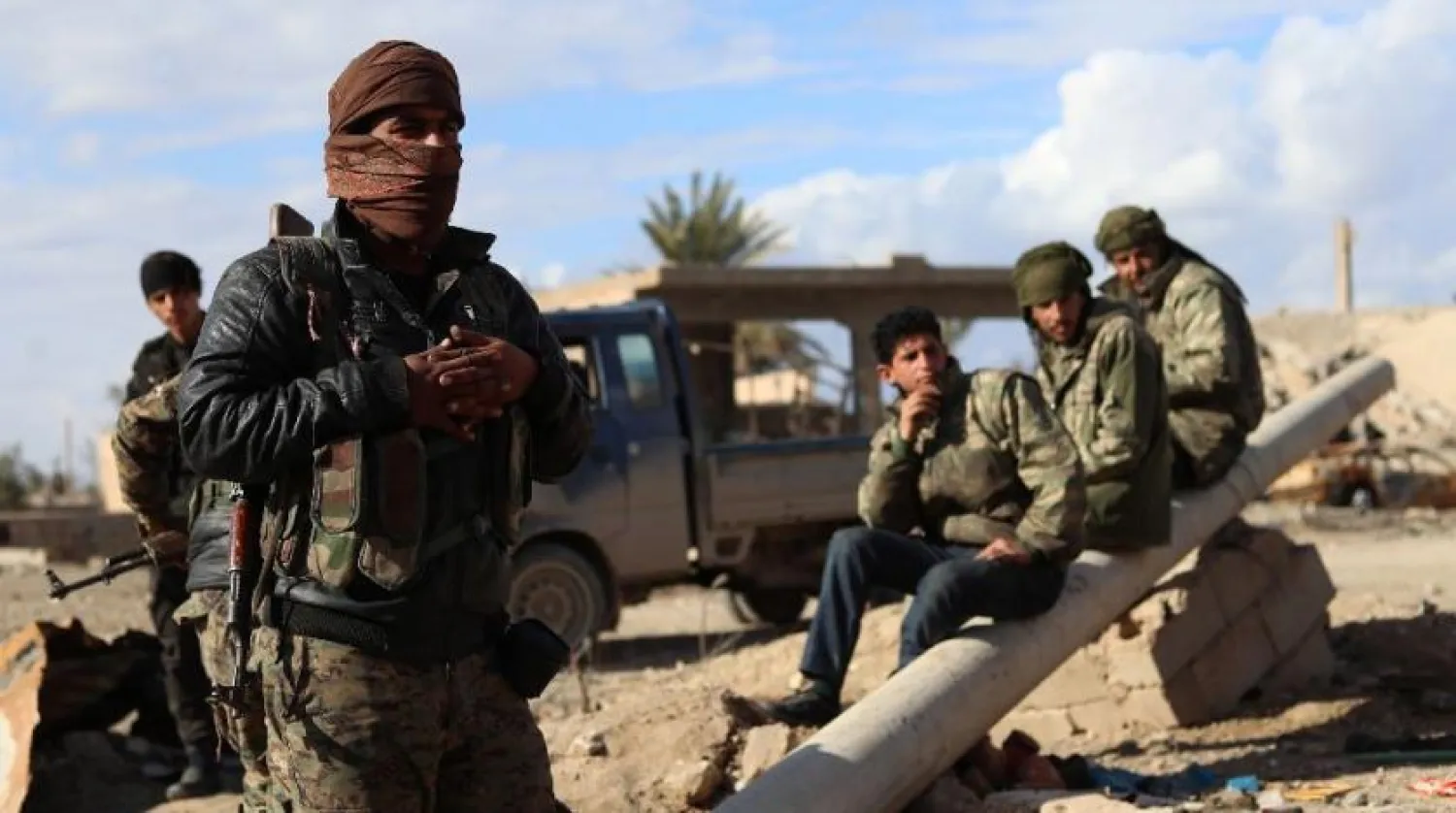Head of the Kurdish National Council in Syria (ENKS) Saud Malla said Tuesday that efforts to reach a political accord between the Council and the Kurdish National Unity Parties (PYNK) have faced “difficulties.”
The announcement laid doubts on the success of the US-brokered Kurdish unity talks that kicked off six months ago.
Last week, the PYNK and the ENKS said the second phase of the talks reached near completion while meetings were expected to resume this month to form a political body for the Kurdish parties and discuss administrative, defense and self-protection issues.
On Tuesday, Malla accused the Kurdistan Workers’ Party (PKK) of obstructing the talks.
“The PKK is absolutely certain that any agreement between ENKS and the PYNK will limit PKK’s role in Syrian Kurdistan, and therefore it is working hard to put obstacles to the inter-Kurdish talks,” he said.
He said the Council had two conditions to conclude an agreement with the Kurdish National Unity Parties. First, the removal of the PKK from Syrian Kurdistan and prevent it from interfering in the affairs of the region, and revealing the fate of many Kurdish commanders kidnapped by the PYD.
In June, both sides reached an initial understanding of Kurdish unity in Hasakeh and said they would continue talks based on an agreement struck in the Kurdistan Region’s Duhok city in 2014.
Late last month, member of the Co-Chairmanship of the Democratic Union Party (PYD) Aldar Khalil revealed that severe obstacles were hindering the Kurdish talks.
“We hope that the next round of talks will result in historical developments to serve our people, all Syrians, and their democratic aspirations,” Khalil said.
Ahmed Suleiman, a senior member of the Kurdish Democratic Progressive Party in Syria, said that the talks are facing major challenges, mainly on power-sharing.
He added that several major Kurdish parties were being marginalized.









